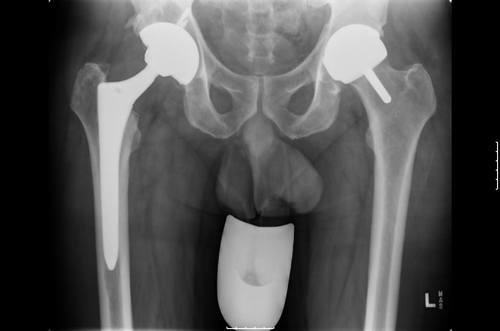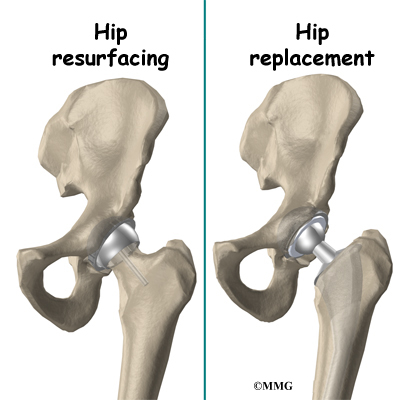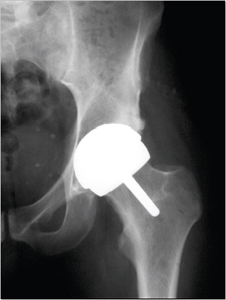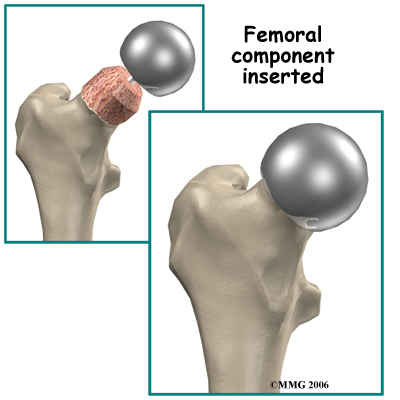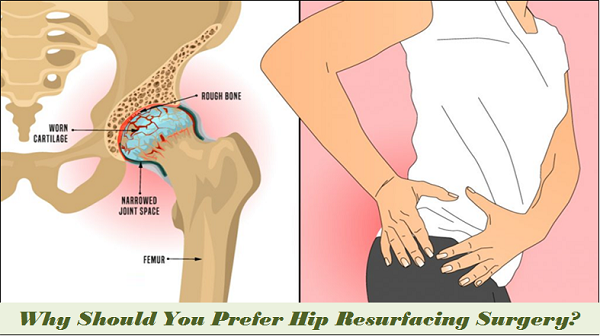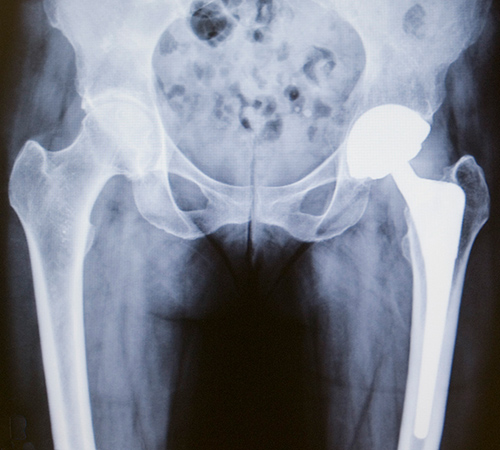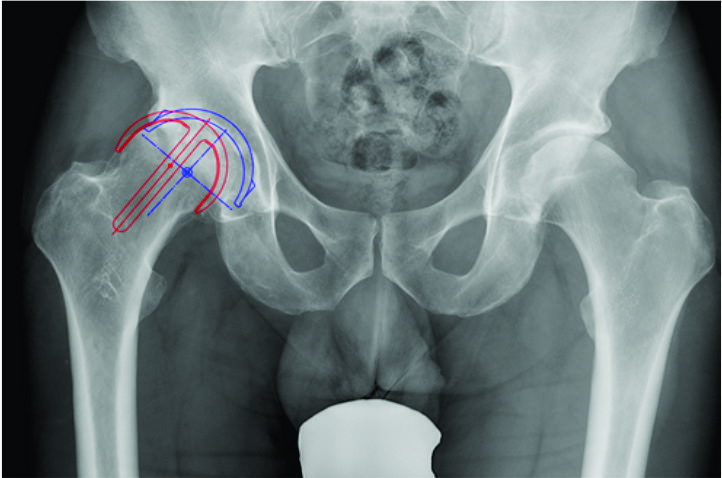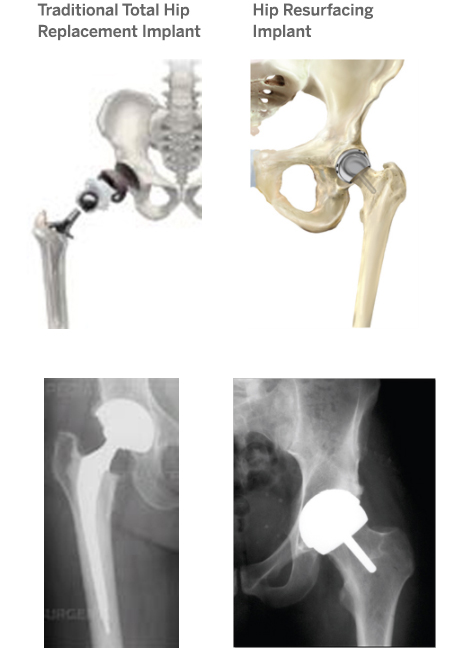Dane hansen discusses the differences between these two replacement procedures and explains why surgeons increasingly recommend total hip replacement over resurfacing procedures.
Hip resurfacing vs hip replacement recovery time.
Don t get it wet and skip creams lotions and ointments.
The risk of dislocation is much lower for hip resurfacing because the ball portion of the joint can remain larger.
Return to normal routine.
Importantly hip resurfacing needn t be looked at as a temporary procedure inevitably leading to hip replacement down the road.
In most cases the recovery period after hip resurfacing is shorter than with a total hip replacement.
Results from long term data show that it can last just as long or longer than traditional hip replacement in young high demand patients especially men.
This procedure is particularly beneficial for young individuals.
Hip resurfacing and total hip replacement procedures are two surgeries used to correct hip joint dysfunction.
Within two or three weeks most patients can get back to regular activities including driving.
Another advantage of hip resurfacing is faster recovery time.
The total time spent in hospital is approximately about one to two days.
The best candidates for hip resurfacing are men under 60 who have strong healthy bone.
You can ease pain by using an icepack on the area for 10 15 minutes at a time.
This may make hip resurfacing a better choice for people who need to squat for work.
Using minimally invasive techniques advanced multimodal pain management and rapid progression physical therapy the recovery is quite rapid.
Hip resurfacing lasts longer than a hip replacement for most of the patients.
This is because in their case they are expected to outlive the normal lifespan of the implants used in the case of total hip replacement.
The hospital stay for total hip replacement or hip surface replacement is only one or two days and most patients do not even finish taking their prescription 40 narcotic tablets after they go home.
However the early failures of hip resurfacing appear to be greater than for total hip replacement 2 2 vs 1 9 with the majority of the early failures due to femoral neck fracture.
Whether the newer forms of hip resurfacing will be successful long term is unknown.
Since its fda approval in 2006 more than 3 000 hip.


